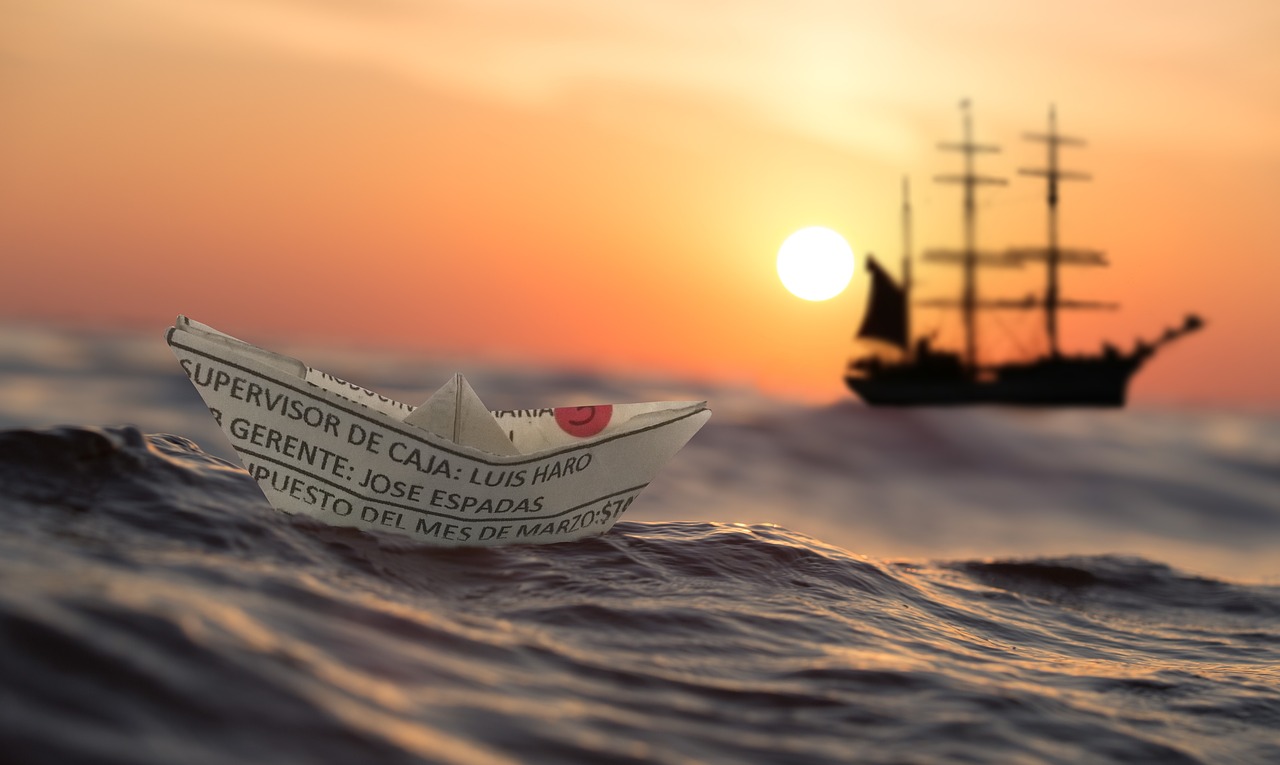
For the time being, the EU wants to end the naval deployment in the refugee crisis off the Libyan coast. Because Member States were unable to agree on a new system for the distribution of migrants rescued from distress, the activities of smuggling networks should, for the time being, only be observed from the air.
The training of Libyan coastal guards is to be continued. This is reported by the news agencies dpa and Reuters.
The agreement was achieved according to dpa after hours of negotiations in the Political and Security Committee. It should be valid for six months initially and can therefore only be stopped by Wednesday afternoon through an objection from the capitals.
Veto of Italy
Another extension of the use of ships failed Italy’s veto. The government in Rome has been calling for months for a change in the rules of engagement, which stipulate that migrants rescued from distress during the operation are brought exclusively to Italy. However, countries like Hungary or Poland refuse to agree to a fixed redistribution mechanism.
The dispute was aggravated recently by the German announcement that for the time being no ship would be available for deployment off the Libyan coast. Defense Minister Ursula von der Leyen justified this with the Italian mission, which had sent the German Navy in the past few months in the vicinity of refugee routes – apparently to rule out that migrants are rescued, which would then be brought to Italy.
Number of migrants dropped
EU foreign policy chief Federica Mogherini has repeatedly urged EU states to find a solution to the dispute in recent months. She pointed out that the number of migrants arriving illegally in Europe had dropped by more than 80 per cent during Operation Sophia, including through the training of the Libyan Coast Guard.



